Promotional ideas for beauty products through Augmented and Virtual reality
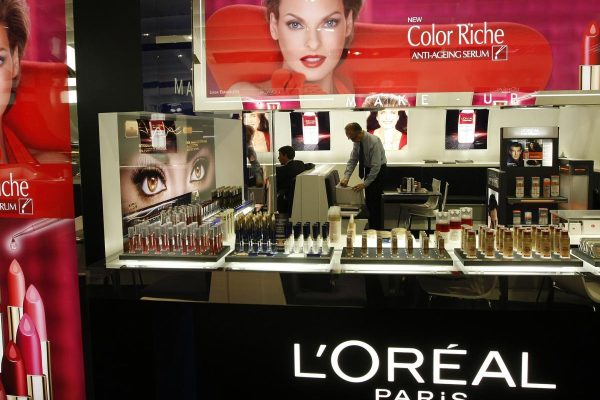
1. Advancements in the field of beauty
Stores like Ulta and Sephora not only withstood the retail apocalypse but also waded off The devastating effects of the coronavirus pandemic. Instead, these brands experienced growth during the year 2020 and 2021. While Sephora opened more than 60 new retail stores, the number of stores opened by Ulta were 40. Although the beauty industry is said to have declined by almost 35% in the year 2020, it is estimated to experience a growth of more than $250 billion in the next seven years. The brands Ulta and Sephora stood the test of this pandemic and evolved by enhancing their presence in the digital marketplace. Through continuous innovations in fields like augmented reality, these beauty companies managed to stay afloat despite recessions in the market.
If it is not a brand loyal customer Who would repeatedly tend to buy the same product, customers usually tend to go to physical stores to buy products like foundations and other cosmetics so as to try them in different shades and varieties. However, the big names of this industry like L’Oreal are continuously working towards improving their digital services for their consumers. With the new technological advancements, brands are now using augmented reality in their applications to help their customers visualize how the product will look on them. The retail market for cosmetics and other beauty related products has undergone a complete change with the active use of augmented reality in the process of product marketing. In recent years, multiple brands have set out their own websites and applications which allow consumers to try products without having to leave the comforts of their home. An excellent example of this is the benefit where the application provided by the brand uses an image of the consumer to help them visualize different cosmetic products.
As a part of its advertising and digital strategy, the French beauty company L’Oreal has incorporated the use of augmented reality in the process. The company partnered with the social media platform Snapchat and created a new filter which helped L’Oreal in advertising their product – the Silkissime Eyeliner. By using this filter, users could visualize themselves in the distinctive winged eyeliner. Apart from this, L’Oreal also offers its customers to try on hair color virtually on the company’s website using augmented reality.
Almost all big brands in the beauty industry have recognized the scope and benefits of reality and have tirelessly worked towards incorporating the technology in their digital platforms. Through these methods, Brands have tried to increase the immersive experiences of consumers before they make a purchase. Ulta, as it follows the lines of L’Oreal, has also incorporated the use of augmented reality technology on its mobile application to allow its users to dry on makeup through the app itself. Consequently, even Sephora has worked on making its own virtual makeup applications to improve customer conveniences.
2. Examples of AR and VR in beauty products
1. NYX Professional Makeup - Lip Lingerie XXL
2. NYX Professional Makeup - Haunted Dollhouse
3. Aveeno - Skin Relief
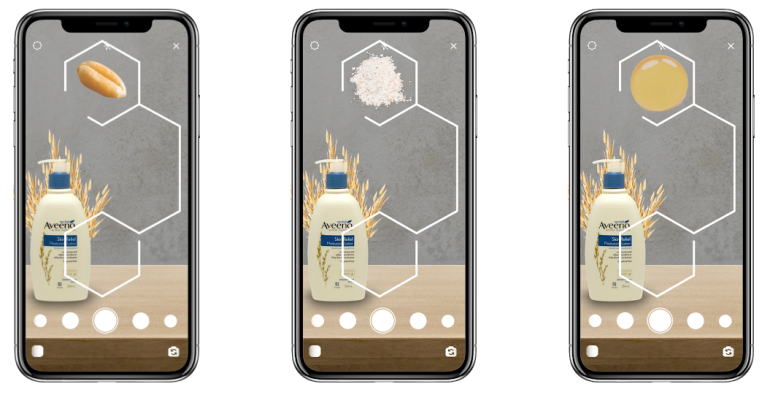
4. L’Oréal - Colorista
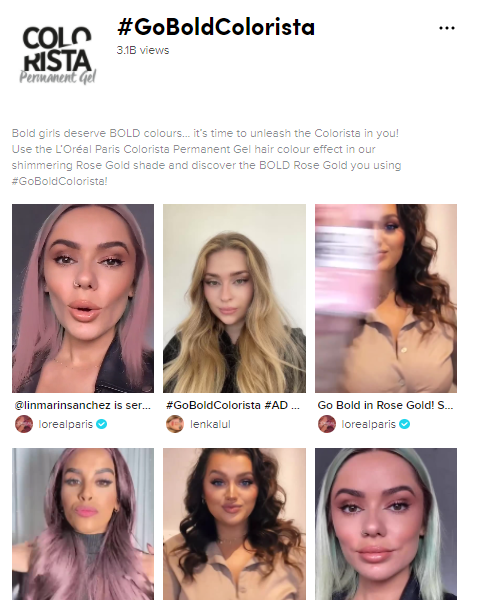
5. Estée Lauder - Virtual try-on
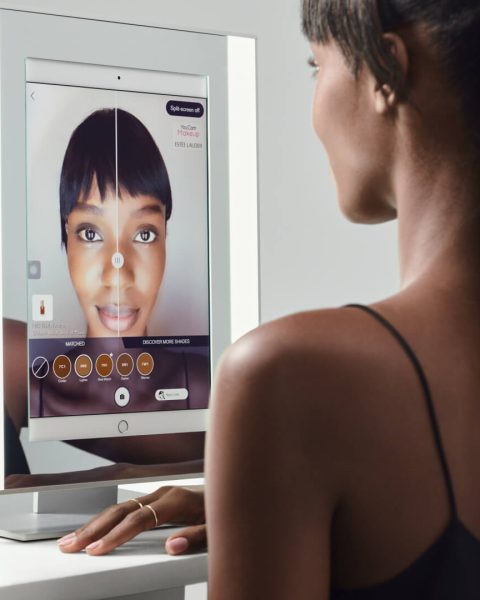
6. Conair - Virtual Hairstyle Makeover app
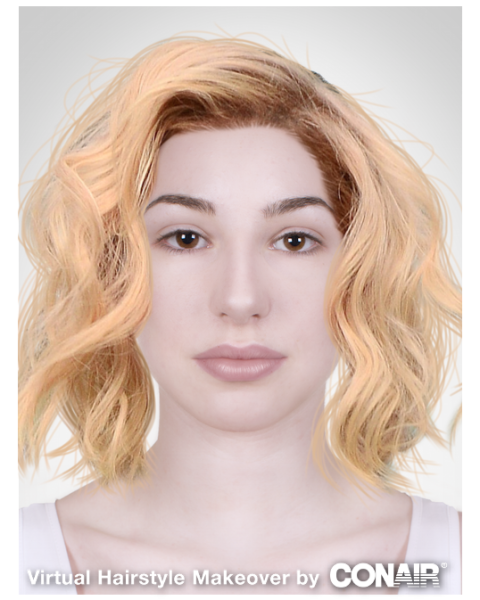
7. By Lizzie Para (BLP) Beauty - Virtual store
8. L’Oreal - Perso
9. L’Oreal - Kérastase Hair Coach
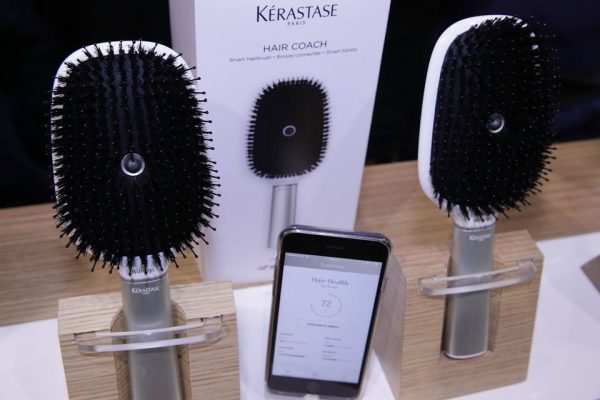
10. Oral-B - Genius X Toothbrush
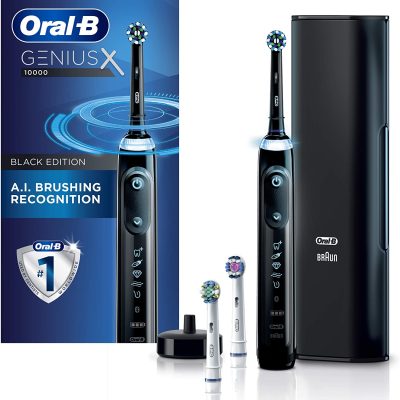
11. FOREO - Luna Fofo facial cleansing brush
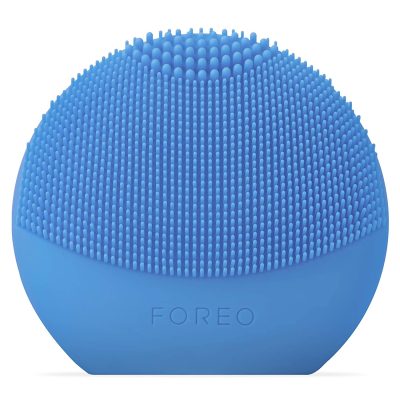
12. Neutrogena - Skin360
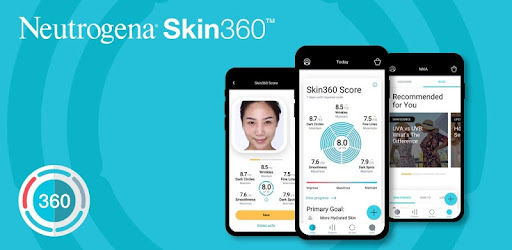
13. Sephora - Virtual Artist
14. Bourjois - Magic Mirror
15. L’Oréal - VR Beauty Lab

16. Lancôme - Le Teint Particulier
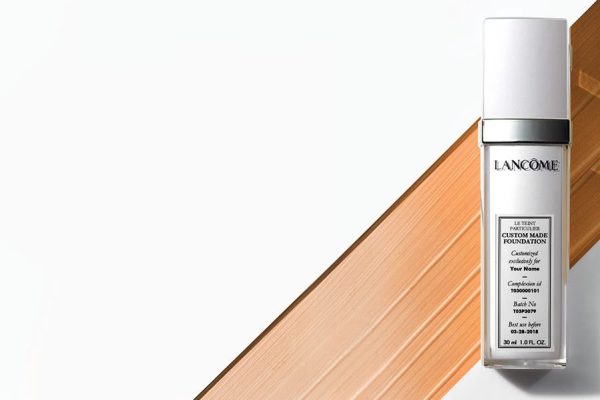
17. Shiseido - Optune
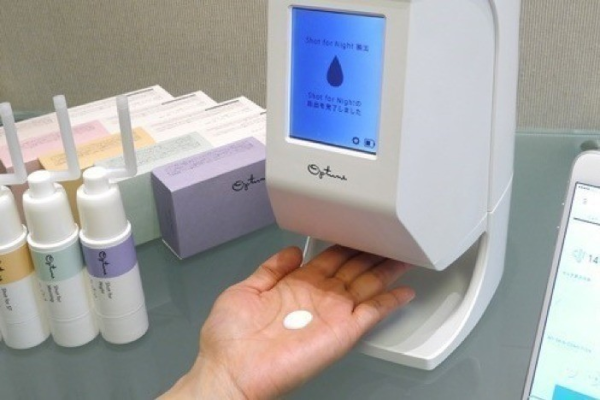
18. Clinique - Clinical Reality app
19. YouCam Makeup - AR Makeup Tryout
20. Beauty tech - PerfectCorp
21. Urban Decay - Vice Lipstick app
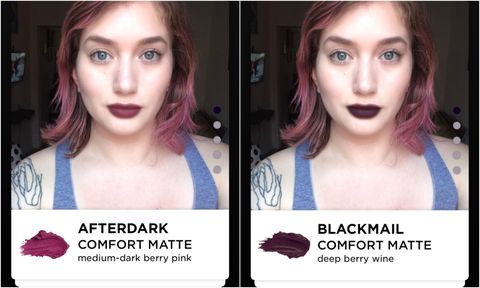
22. L’Oréal Paris - Makeup Genius App
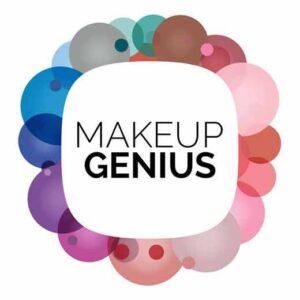
23. Kiehl - Live Commerce
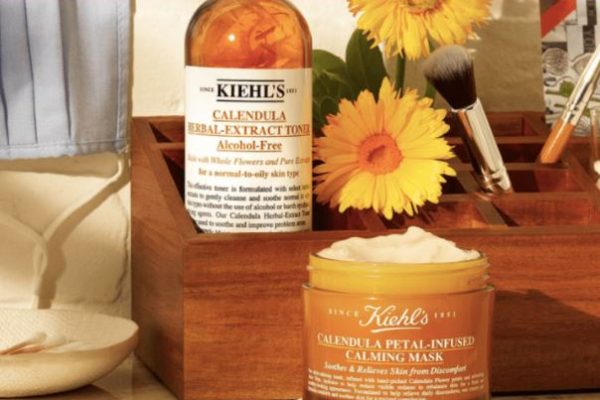
24. Amazon - L’Oreal’s Modiface
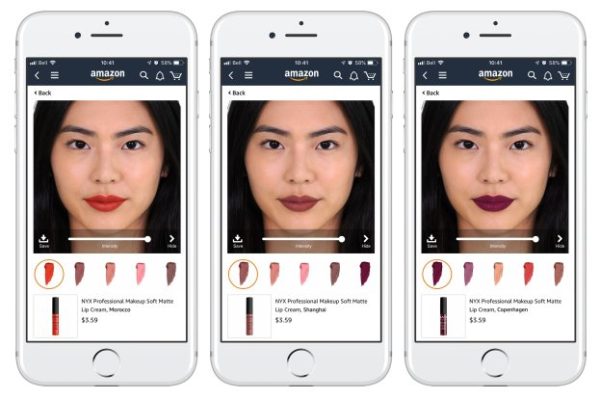
3. Future of the Beauty industry
Keeping in mind the above noted facts, we can come to this conclusion that augmented reality is going to have a long lasting impact in the beauty industry with companies like L’Oreal looking to change their taglines from beauty companies to beauty technology companies. Moreover, brands are now looking forward to investing in technologies to develop softwares and applications that aid virtual makeup testing which can be a boon for the digital cosmetic market. As practices like social distancing and frequent sanitization become a part of our daily lives, in the post pandemic economy, testing cosmetics physically can soon become a thing of the past.
With people becoming more safety conscious and wide scale practice of cashless transactions, the retail market is bound to experience a subsequent change as well. Not only will it serve as a medium for interactive testing sessions, it will also be informative for many new consumers who would like to interact with brands using digital platforms.
In the words of Hana Ben Shabat, founder of Gen Z planet, “technology is becoming an integral part of beauty, therefore the digital bar is higher.” She also goes on to state that in order to create a seamless experience brands and retailers should stop differentiating between their online and physical stores.
Therefore, we at GoKapture, provide all the necessary products for the setup of augmented and virtual reality to cater your needs.
As long as beauty is concerned, the road is endless, ahead of us lies the amalgamation of technology and beauty. Personalization and customization in the field of beauty is stealing the hearts of the customers and will continue to do so in the near and later future.



